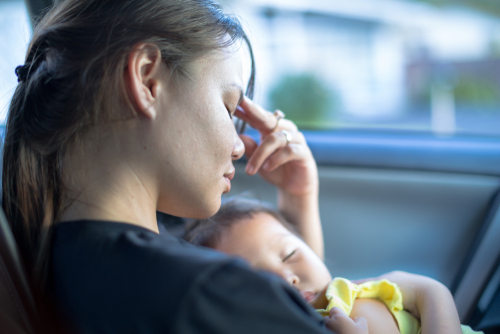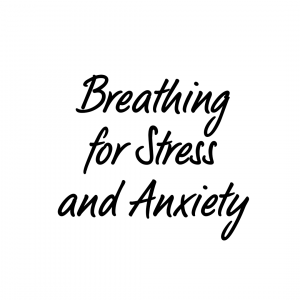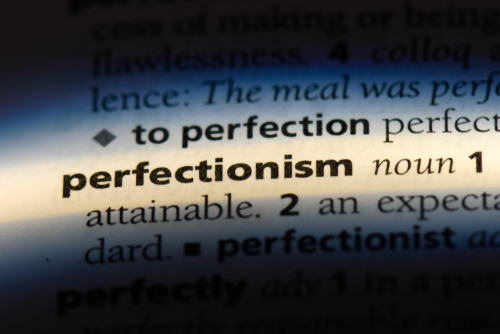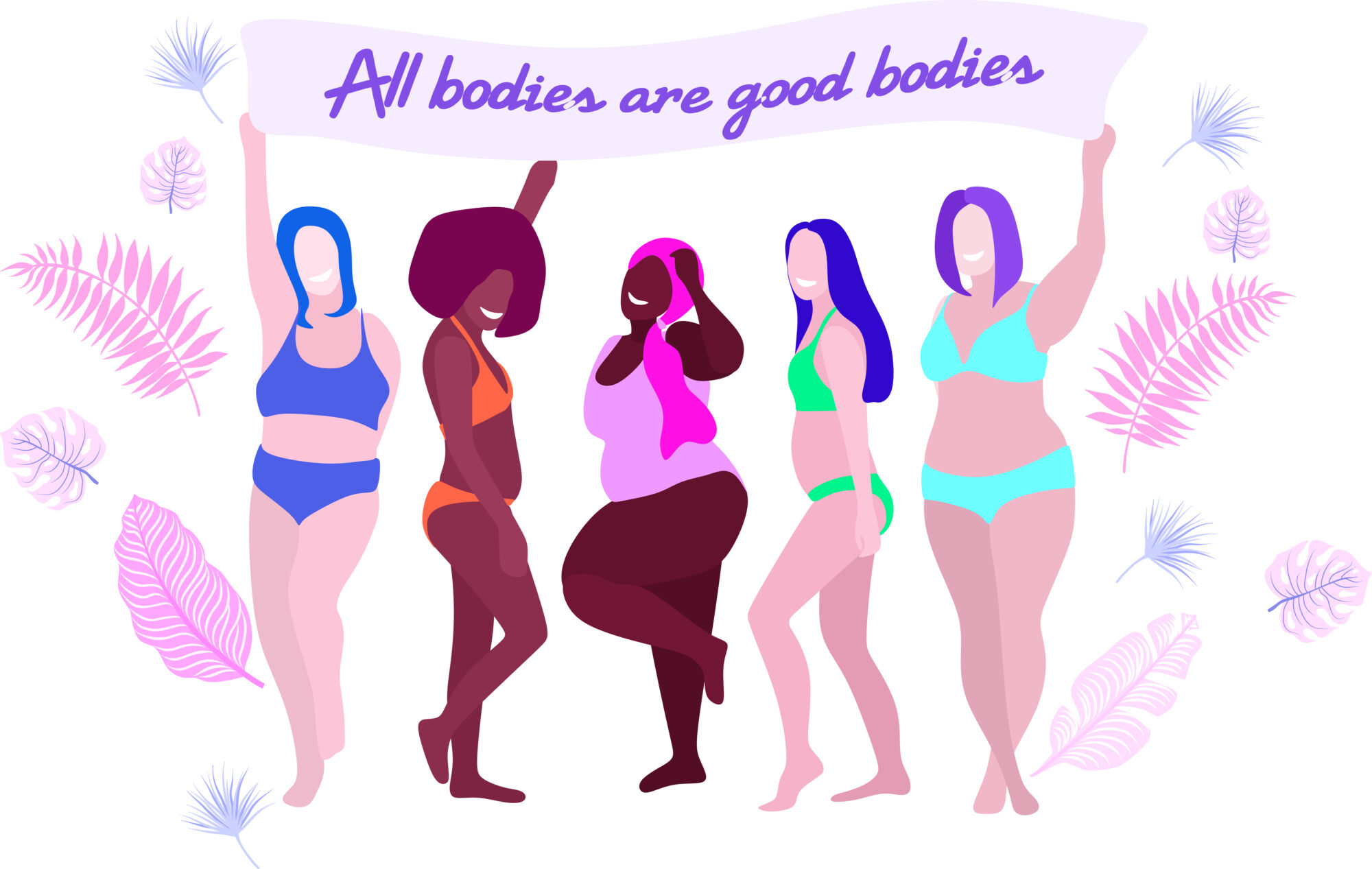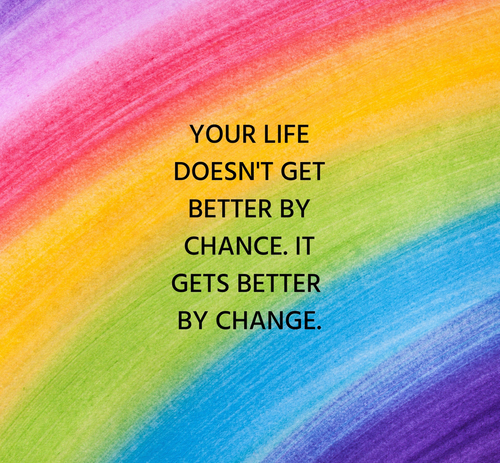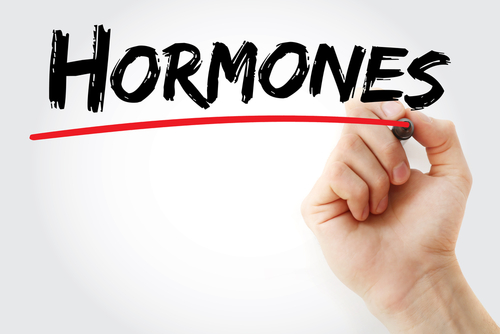Did you know…
Between 70 – 100% of mums with babies will have frightening thoughts about something bad happening to their baby?¹²
This is a really high number, but it’s something that people don’t talk about. These thoughts can involve accidental harm (such as worrying about SIDS, your baby getting sick, or leaving them somewhere) or intentional harm (like seeing yourself shake or hit your baby).
Continue reading “What can you do if you have scary thoughts about your baby?”




